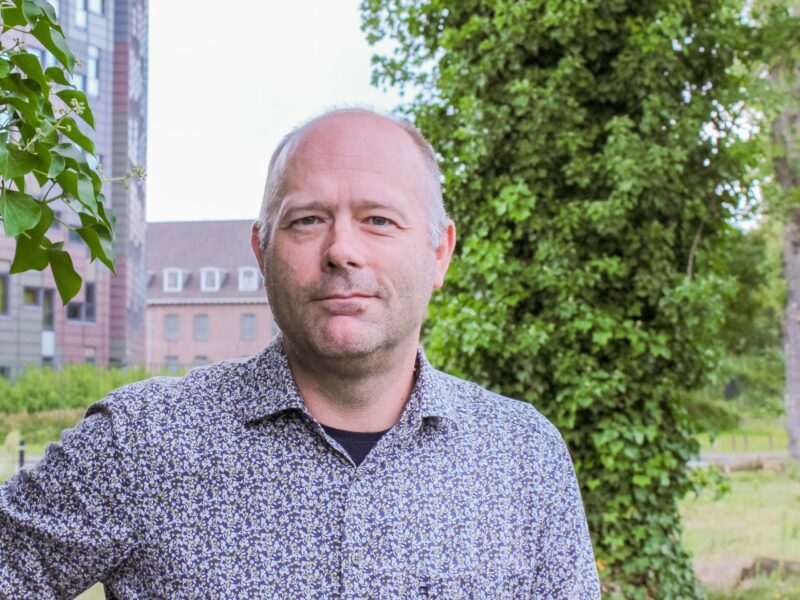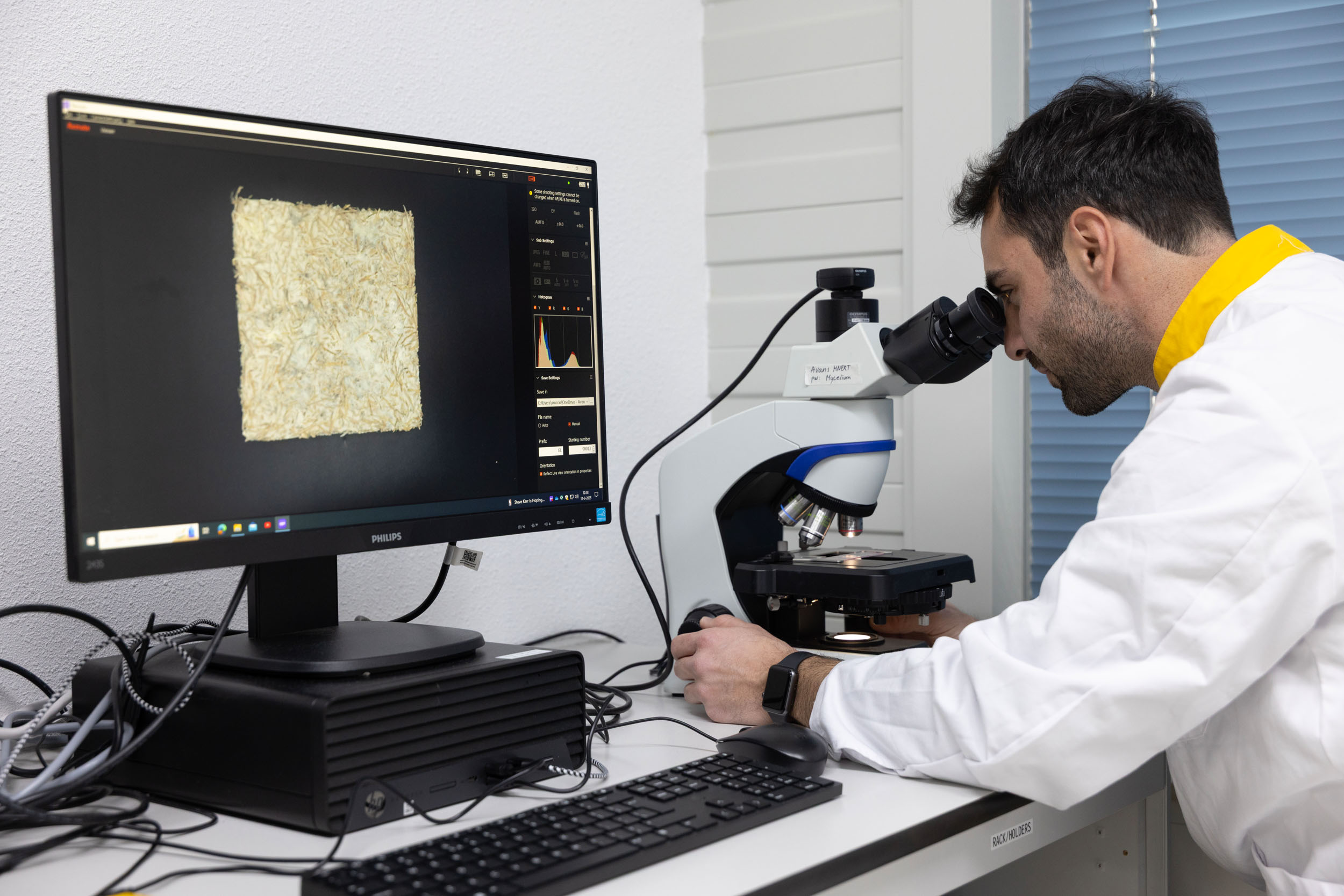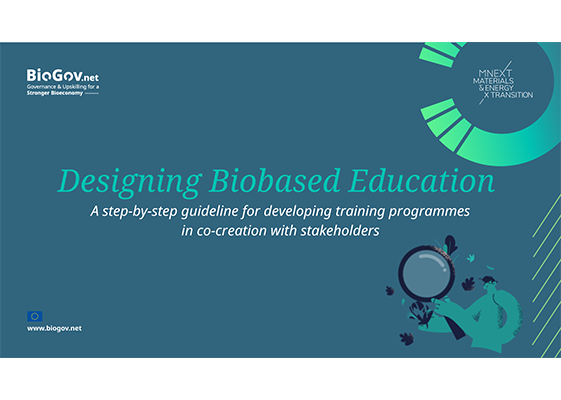Every year, an impressive amount of approximately 16 gigatons of fossil resources are extracted worldwide. Of this vast quantity, roughly one-eighth is converted into materials, while the rest is utilized for energy generation. This leads to a concerning emission of approximately 34 gigatons of carbon dioxide (CO2), with severe consequences for our climate and our planet.
Potential in Biobased Applications
However, these challenges also present opportunities. Simultaneously, there is significant potential in biobased applications. Annually, the agriculture sector globally generates gigatons of residual streams, which have largely remained untapped until now. These residual streams can be transformed into valuable biobased materials and sustainable sources of energy, enabling us to reduce both our reliance on fossil resources and CO2 emissions.
Martijn explains: “If we truly want to make a difference in the transition from fossil to biobased, we need to create companies and processes that have not existed until now. The question from the introduction naturally leads to numerous new questions; technical, social, financial, commercial, legal, and societal. But this type of thinking also encourages us to think outside the box. Take banks and investors, for example: how can we get them to invest in projects where the impact will only be felt in the long run?”
Holistic Approach
Martijn aims to explicitly investigate the economic and business aspects. The Biobased Transitions Research Group is a valuable addition to the existing research groups at MNEXT. While other research groups often focus on technical aspects, the research within this group follows a more holistic approach. This means that the focus will not be solely on technical aspects but also on broader societal and economic issues related to biobased transitions. With his background in chemical technology and expertise in business development, food tech, new materials, innovation, and sustainability, Martijn is well-equipped to harness this potential.
Collaboration
This research group offers excellent opportunities for collaboration with other research groups, including, for example, the Centre of Expertise Wellbeing Economy & New Entrepreneurship at Avans University of Applied Sciences. The synergy between various centres of expertise and research groups will contribute to an integrated approach to the challenges associated with the transition to biobased materials and processes.
We have full confidence that Martijn is the right person to lead us towards a more sustainable future. His passion for raising awareness among businesses and students and reconsidering sustainability-related choices will have a significant impact on a regional and national level.
For more information about Martijn’s work and the Biobased Transitions Research Group, please contact MNEXT at +31 88 525 0394 or mmp.zieverink@avans.nl.







